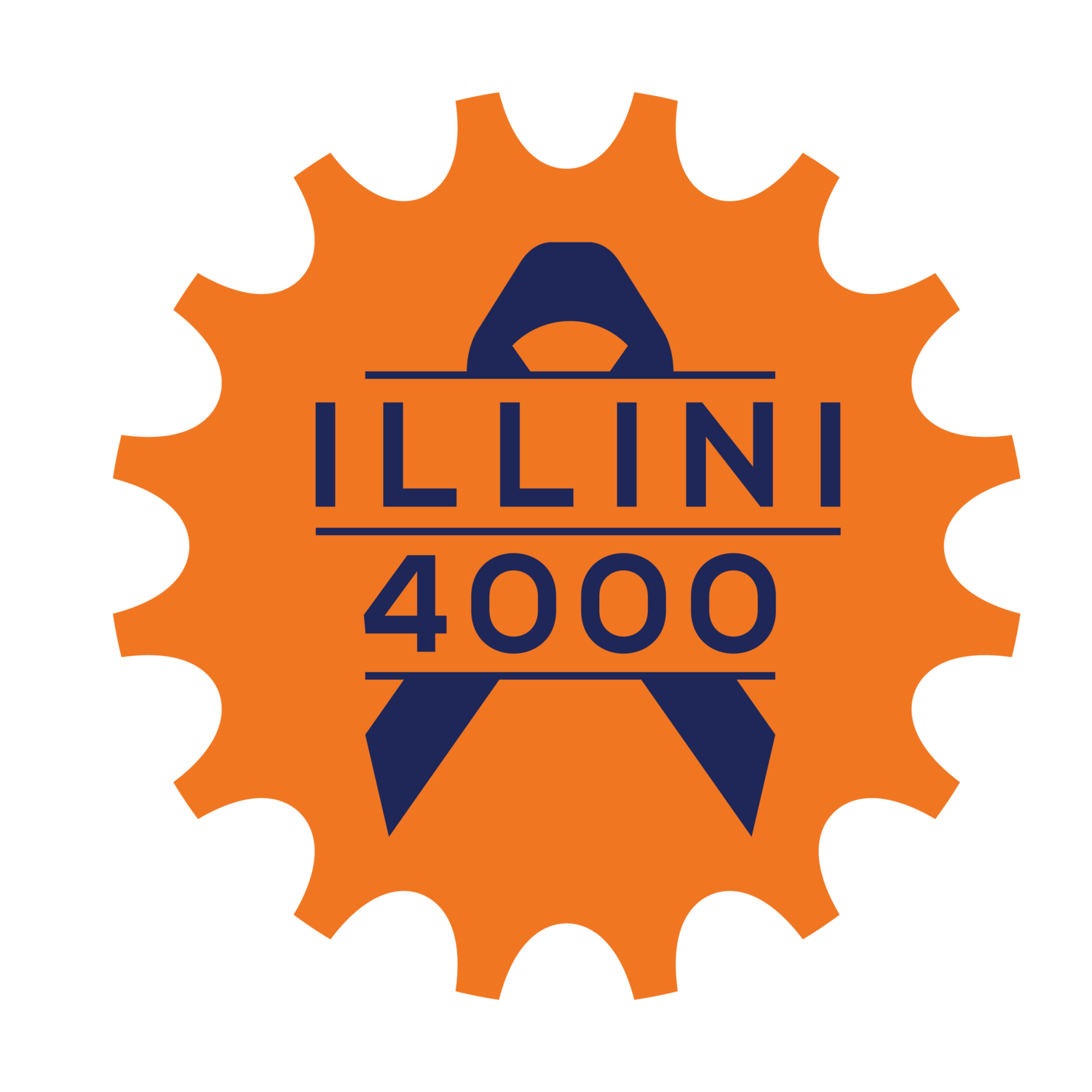Marc Smith and Debra Schuster
Cancer Survivors
Boulder, CO
Biography
Marc and Debra’s journeys with cancer are stories of resilience, love, and the power of early action. Marc’s prostate cancer was caught early after years of monitoring his PSA levels. Opting for surgery, he faced a tough recovery but has been cancer-free ever since.
Debra’s diagnosis came unexpectedly—her cat brushed against her, revealing a lump in her breast. A biopsy confirmed cancer, leading to surgery and radiation. Thankfully, she’s been cancer-free for over a decade.
Now married, Marc and Debra support each other through life’s ups and downs. Their advice? Listen to your body, seek answers, and don’t face challenges alone.
Facing Cancer Together
Marc: About twelve years ago, I started noticing my PSA levels creeping up. Over the years, it wasn’t anything too worrisome, but about eight years ago, they reached a level of concern. I was sent to a urologist, a friend of the family who had taken care of both my parents and several of my friends. I trusted him completely. He suggested a biopsy, and it turned out to be low-grade cancer, caught relatively early. I had two choices: watch and wait or take action. I thought, it’s not going away, so let’s take care of it. I chose surgery
Debra: My cat was actually the one who discovered the lump in my breast. I was reading in bed when she jumped up and brushed against me, and when I reached to touch the spot, I realized there was something there. My doctor wasn’t convinced at first, but we did a mammogram, an ultrasound, and finally a biopsy, which confirmed probable cancer. It was called DCIS—ductal carcinoma in situ—which I researched extensively. There was a lot of conflicting information, but in the end, like Marc, I knew it wasn’t going away. I had a lumpectomy, but the margins weren’t clear, so I had to go back for another surgery before starting radiation.
Treatment & Recovery
Marc: Surgery was more complicated than expected because my prostate had grown around parts of my urinary tract. It made for a longer recovery, but in about twelve days, I was back on my feet. The hardest part was those first few follow-up visits, hoping and praying my PSA levels would stay negligible. Now, I only get tested once a year, and while I still hope for the best, I don’t worry as much.
Debra: Radiation itself wasn’t difficult, but what was hard was seeing so many other people going through much worse. That part really stayed with me. My treatment plan changed too—because my cancer didn’t show up on a mammogram, I now get a yearly MRI instead. It has been over ten years, and I’m grateful to still be cancer-free. Support was important, but it wasn’t always easy—some friends were incredibly helpful, while others wanted to tell me exactly what I should do. My two sons had different ways of handling it too—one researched everything, while the other just wanted to know what was going on. What helped me the most was having a care team that was straightforward and matter-of-fact.
Life After Cancer & Advice for Others
Marc: I'm going to give you more information than you ever wanted to know. One of the complications of the kind of surgery I had was that the prostate was wrapped around any number of nerves, and those nerves had to be cut, which left me unable to have an erection and medicine, despite what they advertised on TV, doesn't work for everyone, and it doesn't work for me. So Debbie and I as a married couple have had to find ways to be intimate and affectionate without being able to have intercourse the way most men and women are able to enjoy it. Thankfully, we both knew what intimacy looked like and felt like, and we’ve been able to adjust. I wouldn't trade the surgery and the life being cancer free or Debbie and the relationship that the two of us have, for anything.
Debra: What Marc said is absolutely true. I think that with everything—COVID, people being skeptical of vaccines—the unknown is very frightening. But information is power. Getting second opinions, doing research—we have so many resources now, especially online. Just avail yourself of that information. Listen to your body. Don’t ignore things. I think, frankly, women are better at that than men. But being cavalier when you suspect something is wrong isn’t going to benefit anyone in the long run. There’s no question that cancer—or any serious illness—affects your loved ones and friends more than it affects you. So if nothing else, be mindful of how your inaction, or even just inattention, impacts the people who care about you.
““The unknown is very frightening, but information is power.””


